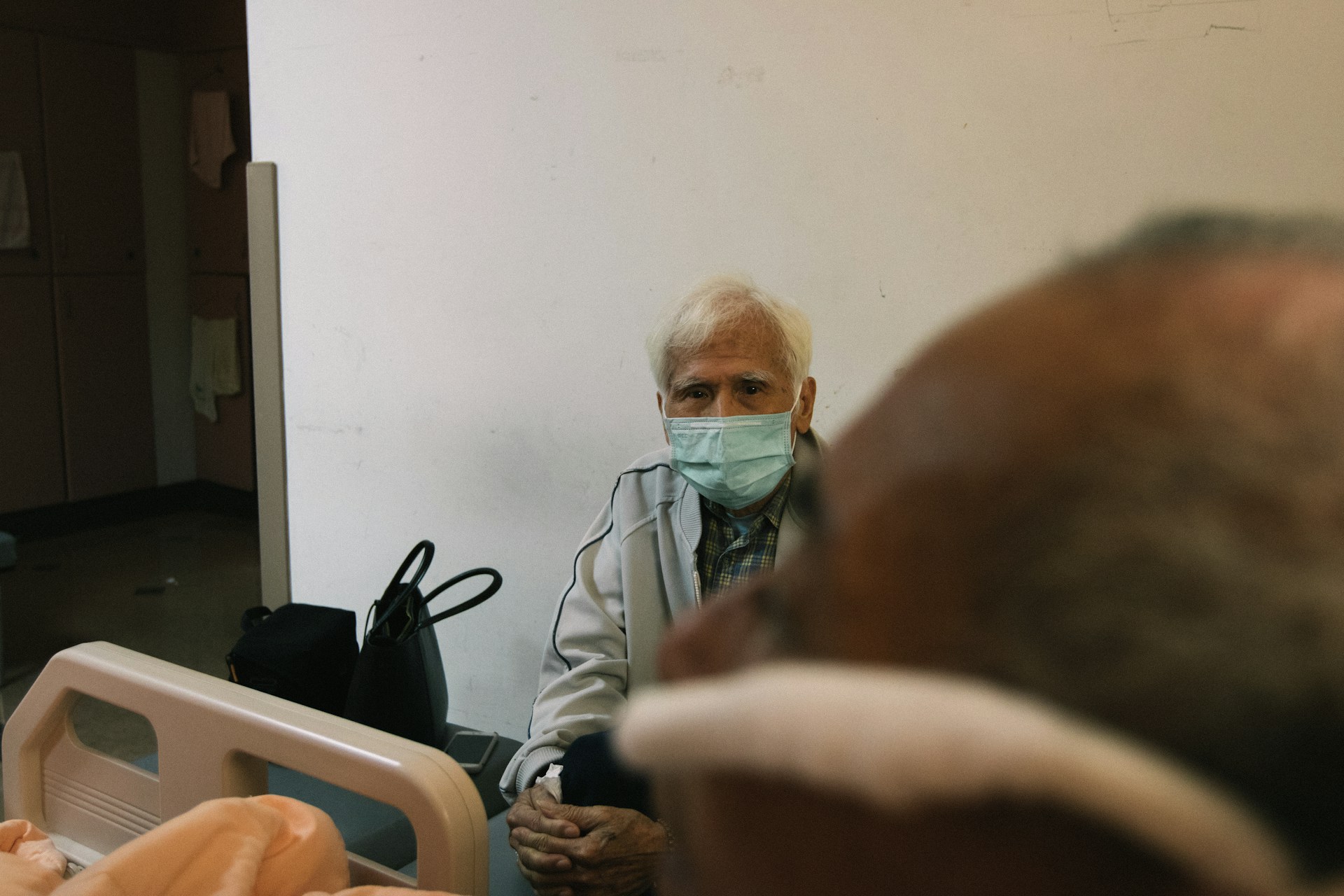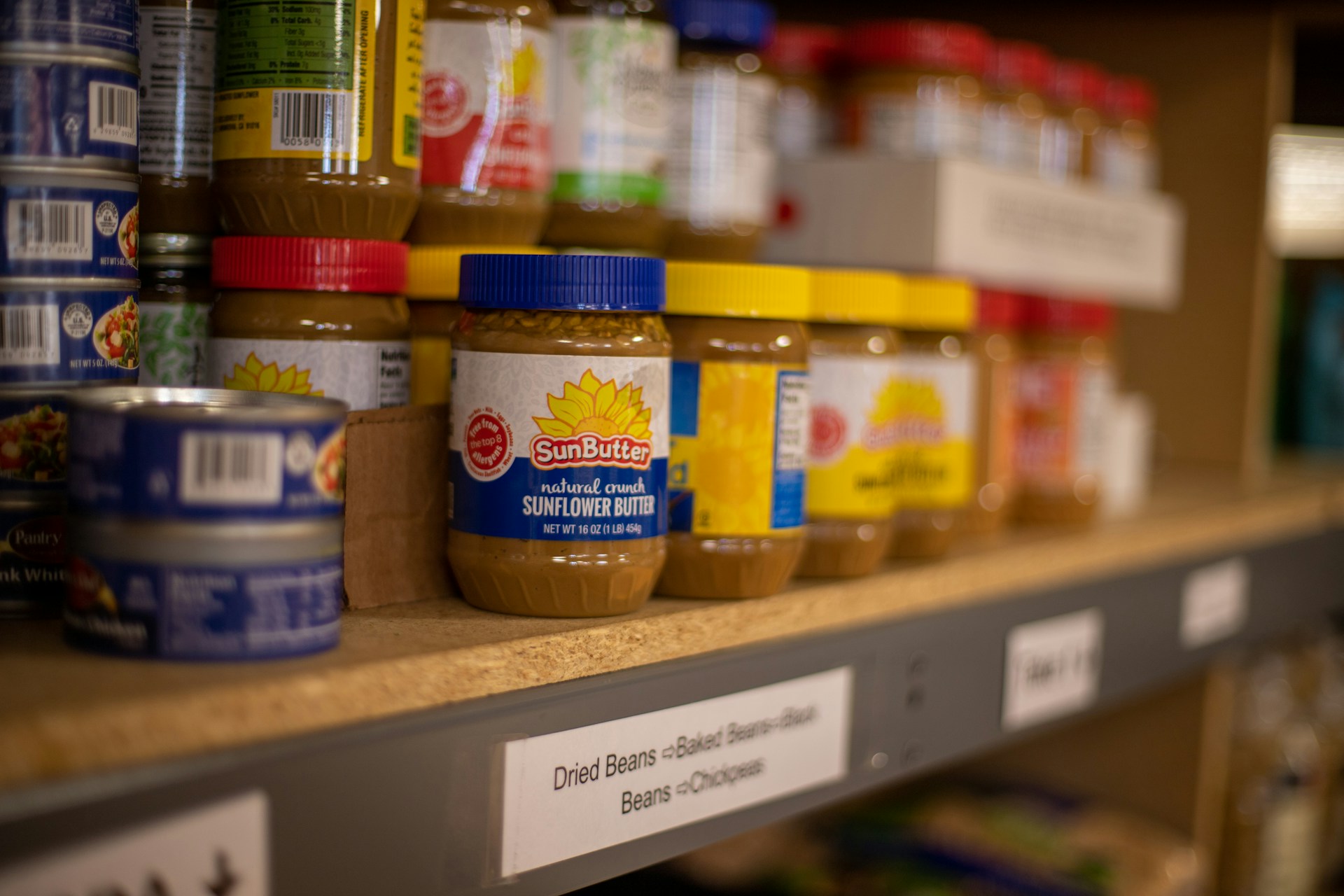Support of Breastfeeding Groups for the Working Mothers Successfully Giving Exclusive Breastfeeding in Manado
Dukungan Kelompok Menyusui bagi Ibu Bekerja Berhasil Memberikan ASI Eksklusif di Kota Manado
Downloads
Background: The coverage rate of exclusive breastfeeding in North Sulawesi Province is 39.7% in 2021. Return of women to the workplace is one of the factors contributing to the failure of exclusive. Breastfeeding support groups has an impact on their desire to provide exclusive breastfeeding. The North Sulawesi Breastfeeding Care Community (KAPAS) is established in Manado in 2016 and consist of more than 200 members.
Objectives: investigate the role of support groups for working mothers giving exclusive breastfeeding
Methods:A phenomenological design was used in qualitative research. Informant were purposefully chosen. Inclusion criteria are mothers who successfully breastfed exclusively their baby aged six to twenty-four months, full-time jobs in the formal sector, worked and lived in Manado with their baby. Exclusion criteria are mother who have twin babies, pregnant mother, premature, unhealthy, and low birth weight baby. The interview was transcribed and analyzed using the opencode.
Results: Following screening to 195 mothers, 5 major informants and 2 supporting informant. In-depth interviews were used to collect the data. The findings revealed that working mothers' desire to exclusively breastfeed as motivation to join KAPAS. When a mother joins KAPAS can be overcome internal and external challenges confidently. Working mothers gained more expertise in managing expressed breast because of the information in the group. Furthermore, mothers have a willingness to discuss their desire giving exclusive breastfeeding to hospital staff. KAPAS give support through emotional, instrumental, and informational support.
Conclusions: KAPAS give emotional, instrumental, and informational support so they can successfully give exclusive breastfeeding.
WHO (World Health Organization) & UNICEF (United Nations Children's Fund). Global Strategy for Infant and Young Child Feeding. World Health Organization 1–30 (2003) doi:ISBN 92 4 156221 8.
Monika, F. B. Buku Pintar ASI dan Menyusui. (Mizan Publika, 2014).
Peraturan Pemerintah Republik Indonesia Nomor 33. Pemberian Air Susu Ibu Eksklusif. 1–42 (2012) doi:10.1017/CBO9781107415324.004.
Kementerian Kesehatan Republik Indonesia. Hasil Studi Status Gizi Indonesia (SSGI) Tingkat Nasional, provinsi dan Kabupaten/Kota Tahun 2021. (2021).
Cobalt Angio, M. & Sukesi. Pengaruh Peer Education terhadap Self Efficacy dan Motivasi Pada Ibu Menyusui dalam Pemberian ASI. Jurnal Ilmu Keperawatan Komunitas 2, 26–32 (2018).
Machado, M. C. M. et al. Determinants of the exclusive breastfeeding abandonment: Psychosocial factors. Rev Saude Publica 48, 985–994 (2014).
Badan Pusat Statistik. Keadaan Ketenagakerjaan Provinsi Sulawesi Utara. (2022).
Bekti Yuniyanti, Siti Rofi'ah & Rubiyanti. Efektivitas Kelompok Pendukung ASI (KP-ASI) Eksklusif Terhadap Perilaku Pemberian ASI Eksklusif. Jurnal Ilmiah Bidan 1, 48–54 (2017).
Mcfadden, A. et al. Support for healthy breastfeeding mothers with healthy term babies. Cochrane Database of Systematic Reviews vol. 2017 Preprint at https://doi.org/10.1002/14651858.CD001141.pub5 (2017).
Moon, H. & Woo, K. An integrative review on mothers' experiences of online breastfeeding peer support: Motivations, attributes and effects. Maternal and Child Nutrition vol. 17 Preprint at https://doi.org/10.1111/mcn.13200 (2021).
Creswell, J. W. Research Design : Qualitative, Quatitative and Mixed Methods Approches, Fourth Edition. in Sage Publication 353 (Sage Publication, 2014).
al Huda, W., Rabiyah Bakri, L. & Mot ivasi Kerja Karyawan yang Harus Anda Ket ahui Aldi Ardiant, J. Teori-Teori Motivasi. Jurnal Adabiya 1, 1–11 (2015).
Bai, D. L., Yee, D., Fong, T. & Tarrant, M. Previous Breastfeeding Experience and Duration of Any and Exclusive Breastfeeding among Multiparous Mothers. (2015).
Huang, Y., Ouyang, Y. Q. & Redding, S. R. Previous breastfeeding experience and its influence on breastfeeding outcomes in subsequent births: A systematic review. Women and Birth vol. 32 303–309 Preprint at https://doi.org/10.1016/j.wombi.2018.09.003 (2019).
Shi, H. et al. Determinants of exclusive breastfeeding for the first six months in China: a cross-sectional study. Int Breastfeed J 16, (2021).
Hackman, N. M., Schaefer, E. W., Beiler, J. S., Rose, C. M. & Paul, I. M. Breastfeeding outcome comparison by parity. Breastfeeding Medicine 10, 156–162 (2015).
Regan, S. & Brown, A. Experiences of online breastfeeding support: Support and reassurance versus judgement and misinformation. Matern Child Nutr 15, (2019).
Hedianti, D. A., Sumarmi, S. & Muniroh, L. Dukungan Keluarga dan Praktik Pemberian ASI Eksklusif Di Puskesmas Pucang Sewu. Jurnal Kesehatan Masyarakat Universitas Airlangga (2015).
Powell, R., Davis, M. & Anderson, A. K. A qualitative look into mother's breastfeeding experiences. Journal of Neonatal Nursing 20, 259–265 (2014).
Wagg, A. J., Callanan, M. M., Hassett, A. & Wagg, A. J. Online social support group use by breastfeeding mothers: A content analysis. doi:10.1016/j.heliyon.2019.
Trickey, H. & Newburn, M. Goals, dilemmas and assumptions in infant feeding education and support. Applying theory of constraints thinking tools to develop new priorities for action. Matern Child Nutr 10, 72–91 (2014).
Adawiyah, F. R., Musthofa, S. B. & Husodo, B. T. Program Asosiasi Ibu Menyusui Indonesia Daerah Istimewa Yogyakarta (AIMI DIY) untuk Mendukung Keberhasilan ASI Eksklusif. Media Kesehatan Masyarakat Indonesia 20, 50–56 (2021).
Copyright (c) 2022 Amerta Nutrition

This work is licensed under a Creative Commons Attribution-ShareAlike 4.0 International License.
AMERTA NUTR by Unair is licensed under a Creative Commons Attribution-ShareAlike 4.0 International License.
1. The journal allows the author to hold the copyright of the article without restrictions.
2. The journal allows the author(s) to retain publishing rights without restrictions
3. The legal formal aspect of journal publication accessibility refers to Creative Commons Attribution Share-Alike (CC BY-SA).
4. The Creative Commons Attribution Share-Alike (CC BY-SA) license allows re-distribution and re-use of a licensed work on the conditions that the creator is appropriately credited and that any derivative work is made available under "the same, similar or a compatible license”. Other than the conditions mentioned above, the editorial board is not responsible for copyright violation.












































